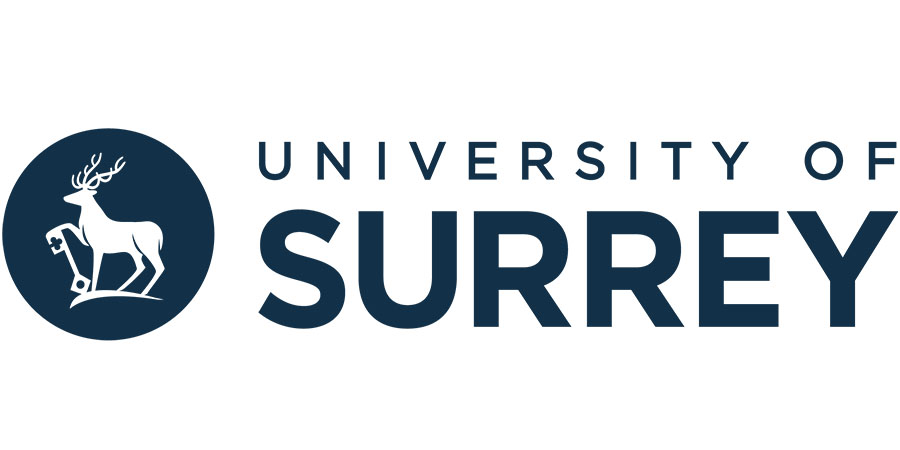PhD Studentship: Fault-tolerant quantum computing for nuclear physics
University of Surrey - Physics
| Qualification Type: | PhD |
|---|---|
| Location: | Guildford |
| Funding for: | UK Students |
| Funding amount: | . UKRI Standard stipend (£20,780 for 2025/26 academic year) with enhanced training and travel allowance. Funding is for 4 years |
| Hours: | Full Time |
| Placed On: | 13th February 2025 |
|---|---|
| Closes: | 31st March 2025 |
| Reference: | PGR-2425-020 |
This PhD project looks forward to the emerging generation of practical quantum computers which have sufficient error correction to perform reliable calculations of quantum algorithms which exceed classical computational ability – so-called quantum advantage.
The project builds upon expertise and knowledge in the collaboration between the University of Surrey and external partners AWE Nuclear Security Technologies in which the previous generation of noisy intermediate-scale quantum computers were exploited to test the existing generation of quantum algorithms, applying them to nuclear structure problems. You will become an expert in the open problems of theoretical nuclear physics, the methods of quantum algorithms, and how to bring the two topics together on real quantum hardware, working with other industrial quantum computing partners.
The project is based in the School of Mathematics and Physics at the University of Physics, but it is funded and co-supervised by AWE. Through this partnership you will have access to wide expertise from AWE and may have opportunities for an internship with them. Willingness to obtain security clearance is welcome but not required for this project.
Supervisors: Professor Paul Stevenson, Dr Matteo Vorabbi and Dr James Benstead.
Entry requirements
Open to UK nationals only. Starting in October 2025.
You will need to meet the minimum entry requirements for our PhD programme.
The candidate should have a background in physics, mathematics, computer science or a closely allied subject. The work combines theoretical nuclear physics with quantum computing algorithm development and confidence in theoretical physics and general computational simulation and methods would be an advantage.
How to apply
Applications should be submitted via the Physics PhD programme page.
In place of a research proposal, you should upload a document stating the title of the project that you wish to apply for and the name of the relevant supervisor.
Funding
Fully and directly funded for this project only.
UKRI Standard stipend (£20,780 for 2025/26 academic year) with enhanced training and travel allowance.
Funding is for 4 years.
Application deadline: 31 March 2025
Enquiries: Contact Professor Paul Stevenson
Ref: PGR-2425-020
Advert information
Type / Role:
Subject Area(s):
Location(s):









